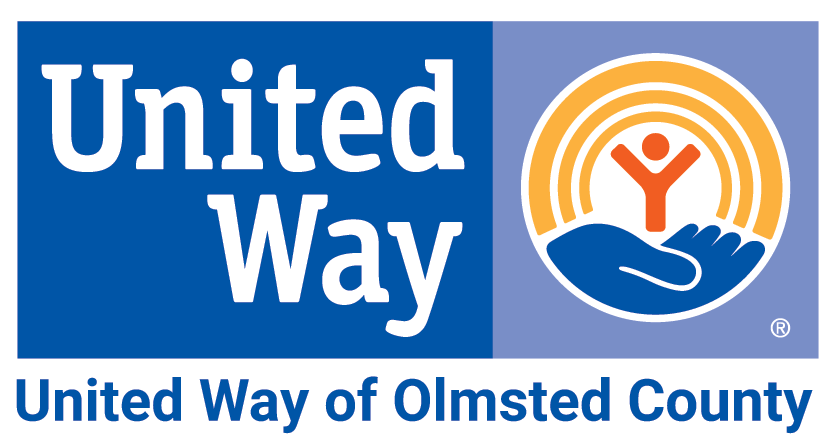.png)
Friday, January 7
“We slaughter one another in our words and attitudes. We slaughter one another in the stereotypes and mistrust that linger in our heads, and the words of hate we spew from our lips.” - Nelson Mandela |
It’s day four. Way to continue showing up.
Today, let's explore privilege and intersectionality, starting with establishing some common language.
There are many types of privilege that different groups have in the US. We commonly hear about privilege because of race or gender, but privilege also exists for different groups based on religion, sexuality, gender identity, ability, class, age, migrant status, and education level.
Read more about 5 common types of privilege
- White Privilege
- Socio-Economic Privilege
- Christian Privilege
- Gender Privilege
- Heterosexual Privilege
When we talk about privilege, we must also talk about intersectionality.
What does this mean? According to Kimberlé Crenshaw, originator of the term, “We tend to talk about race inequality as separate from inequality based on gender, class, sexuality, or immigrant status. What’s often missing is how some people are subject to all of these, and the experience is not just the sum of its parts.”
“Exposing [one’s] multiple identities can help clarify the ways in which a person can simultaneously experience privilege and oppression.”
Racial Equity Tools explains, “For example, a Black woman in America does not experience gender inequalities in exactly the same way as a white woman, nor racial oppression identical to that experienced by a Black man. Each race and gender intersection produces a qualitatively distinct life.”
Today's Challenge: Do one or more of the following...
OPTION 1: Learn more about intersectionality at Rochester Racial Justice Toolkit, an online social justice resource created by Nicole Nfonoyim-Hara. The toolkit is rooted in a commitment to radical love and service to the Rochester, Minnesota community.
OPTION 2: Privilege walks can be harmful because they rely on the experiences of people with marginalized identities to create a powerful learning experience for people with privilege. As an alternative to a privilege walk, if your workplace or group is interested in examining and talking about privilege, download this free Privilege For Sale activity from the Social Justice Toolbox.
OPTION 3: Listen to this NPR recording called What Does Intersectionality Mean? This March 2021 episode unpacks the recent shootings of Asian-Americans in Atlanta through the intersection of gender, race, and class.
OPTION 4: Racism isn't only individual acts of discrimination; it is a deeply embedded system that impacts all our lives. Watch the 2018 video Deconstructing White Privilege with Dr. Robin DiAngelo (20:01) to learn more.
OPTION 5: Take this eye-opening privilege self-assessment by Buzzfeed to consider what unearned social, political, economic, and/or psychological benefits you may or may not experience in your own life.
